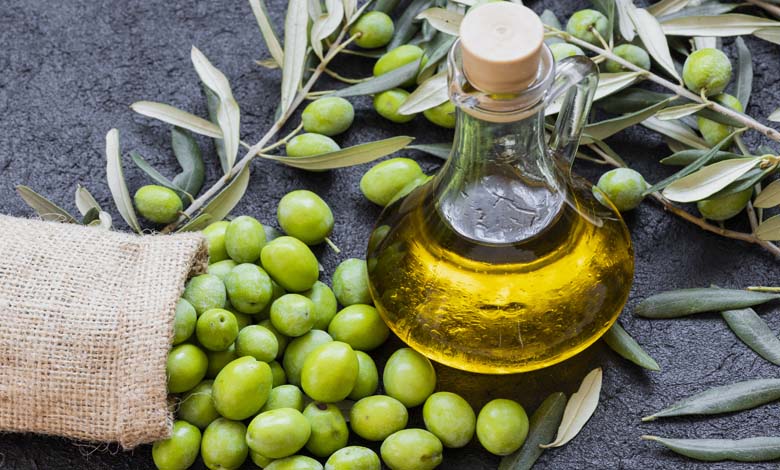Olive Oil: A Fountain of Youth or Just a Healthy Fat?

For millennia, olive oil has held a central place in Mediterranean cuisine. Beyond its culinary appeal, it is often hailed as a natural elixir capable of extending life. Numerous scientific studies have investigated its effects on cardiovascular health, metabolism, and even cellular aging. But the question remains: can olive oil truly increase life expectancy, or is it simply a widely held belief?
Nutritional Composition and Benefits
Extra-virgin olive oil is rich in monounsaturated fatty acids, particularly oleic acid, which is known for its cardioprotective properties. It also contains polyphenols, natural antioxidants that protect cells against oxidative damage and chronic inflammation, two key drivers of aging and cardiovascular disease. Vitamins E and K support healthy skin and proper blood clotting.
Impact on Heart Health and Metabolism
Several epidemiological studies have linked regular olive oil consumption to reduced risks of heart disease. The Mediterranean diet, where olive oil is a cornerstone, is associated with lower LDL cholesterol (the “bad” cholesterol) and improved overall lipid profiles. A large-scale Spanish study found that participants who consumed extra-virgin olive oil daily had a 30% lower cardiovascular mortality rate compared to those who did not.
Beyond the heart, olive oil supports metabolic health. Its fatty acids enhance insulin sensitivity, helping regulate blood sugar and prevent type 2 diabetes. Polyphenols improve endothelial function and reduce systemic inflammation, key factors in preventing atherosclerosis and age-related diseases.
Effects on the Brain and Longevity
Recent research suggests that olive oil may also protect the brain. Polyphenols in extra-virgin olive oil appear to slow the formation of amyloid plaques and neurofibrillary tangles, hallmarks of Alzheimer’s disease. Regular consumption may thus help preserve cognitive functions with age.
Regarding longevity, studies of Mediterranean populations show that regular olive oil intake correlates with a longer lifespan. However, this effect is not solely due to the oil itself, but also to the overall Mediterranean lifestyle: a diet rich in fruits, vegetables, and fish, regular physical activity, and low stress.
Incorporating Olive Oil into Daily Life
To maximize the benefits of olive oil, it is recommended to choose extra-virgin, cold-pressed varieties and use it daily in salads, lightly sautéed vegetables, or cooked dishes at low temperatures. Avoiding high-heat cooking preserves its antioxidant properties. A daily intake of two to three tablespoons appears optimal for protective effects.
Conclusion
Olive oil is not a magical elixir guaranteeing eternal life, but it is a cornerstone of a healthy, balanced diet. Regular consumption, as part of an overall healthy lifestyle, helps reduce cardiovascular risks, protect the brain, and support longevity. More than just a condiment, olive oil is a genuine ally for wellness and sustainable health.












